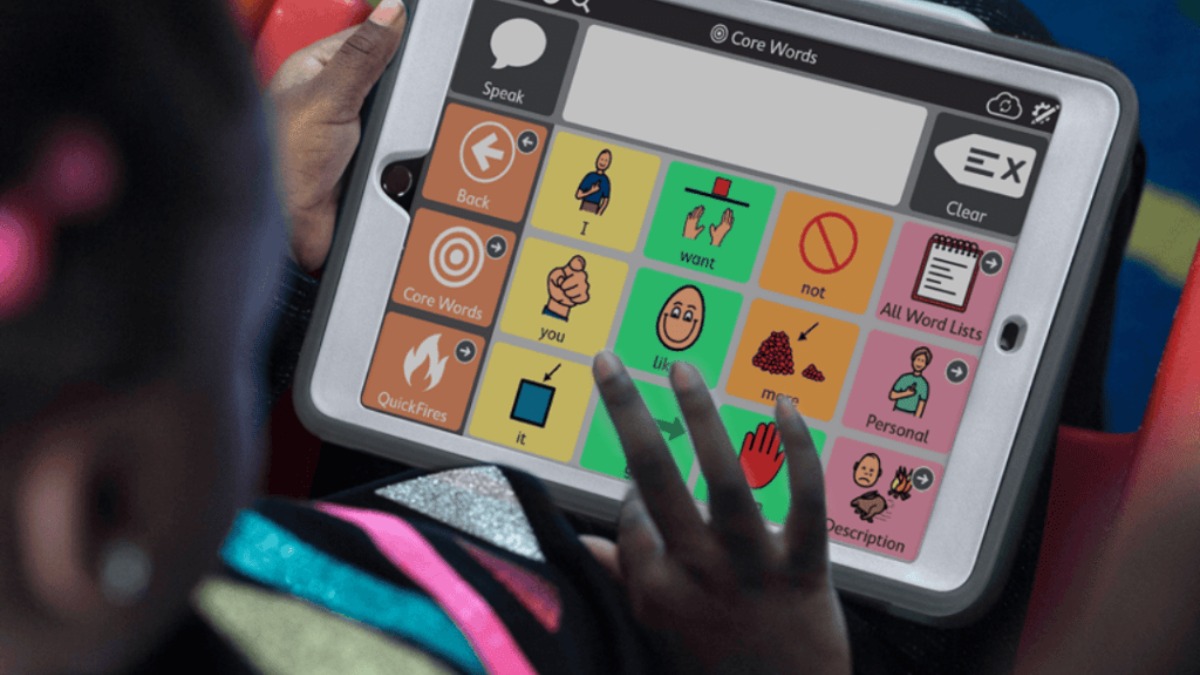Floortime and Attachment Theory: An Overview
April 10, 2025
Explore how Floortime and Attachment Theory work together to enhance emotional and social development in children with autism.

Key Points:
- Floortime therapy and attachment theory both emphasize emotional connection as a foundation for childhood development.
- Research shows that secure attachments formed in early childhood significantly impact emotional regulation, cognitive growth, and social interactions.
- DIR Floortime is an evidence-based approach that strengthens attachment bonds while fostering developmental progress.
Research indicates that approximately 54% of children develop a secure attachment to their caregivers, fostering healthy emotional and social development. In contrast, about 8–10% exhibit insecure-ambivalent attachment, and around 9% display insecure-avoidant attachment patterns. Moreover, studies suggest that in approximately 85% of cases, a child will adopt the same attachment pattern as their parent.
Exploring Attachment Theory
Attachment theory, developed by John Bowlby, highlights the critical role of early relationships between children and caregivers. It suggests that secure attachments in early childhood are crucial for emotional and social growth. The theory identifies four attachment styles:
- Secure: Children feel safe and can explore their environment, knowing they can return to their caregiver for support.
- Anxious: Children may be overly dependent on caregivers and feel insecure in relationships.
- Avoidant: Children avoid closeness and may not seek comfort, often appearing indifferent.
- Disorganized: Children show inconsistent behaviors, often due to erratic caregiving, leading to confusion and fear.
These styles influence a child's emotional health, social development, and overall growth. Understanding them helps caregivers respond effectively to a child's needs.
How Floortime Supports Attachment
Floortime is a child-centered approach that strengthens emotional bonds by encouraging parents to engage with their children at their level. By following the child’s lead during play, parents can create a secure, nurturing environment that fosters attachment.
Key benefits of Floortime for attachment include:
- Emotional Availability: Parents become more attuned to their child’s emotional needs, building trust and security.
- Responsive Interaction: Meaningful play helps parents respond to cues, reinforcing the bond.
- Encouraging Exploration: A safe space for exploration helps children develop confidence and independence.
- Building Communication: Floortime enhances communication skills, allowing children to express their thoughts and feelings, further strengthening the parent-child relationship.
Understanding the interplay between Floortime and attachment theory can empower parents to create nurturing environments that foster healthy emotional development.
Implementing Floortime
Successfully implementing Floortime requires planning and creating an environment that promotes engagement and connection. Here’s how to set up for effective sessions:
Setting the Stage for Floortime
Creating the right environment is crucial to encourage interaction and play:
- Safe Space: Choose a familiar, distraction-free area to make the child feel secure.
- Engaging Materials: Use toys or activities that spark creativity and exploration.
- Flexible Schedule: Be open to adjusting the session to the child’s interests and mood.
- Parental Presence: Actively participate with enthusiasm, responding to the child's cues.
Techniques for Effective Floortime Sessions
To maximize Floortime’s benefits, apply these strategies during play:
- Follow the Child's Lead: Observe and follow their interests to foster connection and autonomy.
- Use Playful Interactions: Incorporate humor, silly voices, and imagination to capture attention.
- Encourage Emotional Expression: Use role-playing or storytelling to help the child express emotions.
- Build on Interests: Use topics the child enjoys to promote learning and engagement.
- Promote Turn-Taking: Foster social skills by encouraging sharing and cooperation in games.
- Incorporate Sensory Experiences: Engage senses with tactile or auditory play for more engagement.
- Use Visual Supports: Visual cues and schedules help children understand and stay involved.
To further explore how different therapeutic approaches can enhance support for individuals with autism, check out our article "Discover the Best Autism Therapy for Effective Support." It delves into various strategies that can complement techniques like Floortime, helping create an even more impactful and nurturing environment.
Why Floortime is Effective for Children with Developmental Challenges
Floortime is particularly beneficial for children with autism, ADHD, sensory processing disorder, and other developmental delays. Unlike traditional behavioral interventions, which focus on correcting behaviors, Floortime prioritizes emotional connection and intrinsic motivation.
Floortime offers a range of benefits for neurodivergent children, focusing on emotional, sensory, and cognitive development. Here are some of the key advantages:

This approach aligns with attachment theory by ensuring children feel emotionally supported while navigating developmental challenges.
Applying Floortime at Home: Tips for Parents
Parents play a crucial role in reinforcing secure attachment and developmental growth through daily interactions. Incorporating Floortime principles at home can enhance emotional connections and support progress.
Here are some practical strategies that caregivers can use to support children effectively. These tips focus on fostering connection, communication, and understanding of individual needs:
- Follow the child’s interests – Engage in activities that capture their attention and build upon them.
- Be emotionally present – Respond warmly to emotions and provide consistent reassurance.
- Encourage back-and-forth interactions – Use playful exchanges to strengthen communication and social skills.
- Adapt to sensory needs – Recognize and accommodate individual sensory preferences during play.
Strengthen Your Child’s Development with DIR Floortime in New Jersey
If you’re looking for expert DIR Floortime therapy in New Jersey, WonDIRfulPlay provides specialized services designed to support your child’s unique developmental needs. Our experienced professionals use Floortime techniques to strengthen attachment bonds, improve social skills, and foster emotional growth through engaging, play-based interactions.
By focusing on the child’s individual strengths and challenges, our approach creates a nurturing environment where children feel safe, connected, and ready to thrive. Whether your child needs support with emotional regulation, communication, or sensory integration, we tailor interventions to promote meaningful progress.
Ready to empower your child’s development? Contact us today and discover how DIR Floortime can make a difference in your child’s growth!
Recent articles












.jpg)


.jpg)






.jpg)











.jpg)
.jpg)

.jpg)
.jpg)
.jpg)



.jpg)
.jpg)
.jpg)

.jpg)
.jpg)

.jpg)



.jpg)


.jpg)
%20(1).jpg)

.jpg)






.jpeg)









.jpg)
.jpg)
.jpg)
.jpg)
.jpg)


.jpg)
.jpg)
.jpg)
.jpg)
.jpg)
.jpg)
.jpg)
.jpg)
.jpg)
.jpg)
.jpg)
.jpg)
.jpg)
.jpg)
.jpg)
.jpg)
.jpg)
.jpg)
.jpg)
